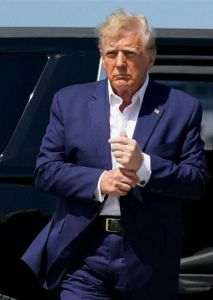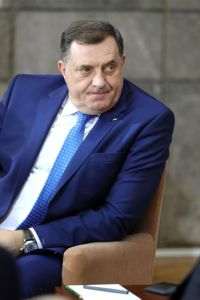Had what prime-minister Victor Ponta - that we will have an economic growth of 2.7% this year, the highest in the EU, that we have the greatest GDP in history and the lowest deficit since the accession to the EU and that we have a far higher rate of absorption of European grants - then there would have been no reason to resort to additional taxation in 2014: the overtaxation of the energy sector, the hike of the royalties for mineral resources by 25%, the additional excise for fuel, as well as the taxation of special constructions.
But he did and he announced, in early November, that he wants to raise taxes next year. At that time, businesspeople immediately began protesting, and the media filled up with critical articles. The members of the Council of Foreign Investors were saying at the time that the lack of consultation of the authorities on the passing of new taxes would clearly lead to the preservation of the opinion that the Romanian fiscal environment is dominated by a serious lack of predictability. Foreign investors were saying that it could lead to them reconsidering their position on the Romanian market, meaning that they could move to countries with a certain fiscal stability, at least in the short and medium term.
The Officials of the Romanian-American Chamber of Commerce have also expressed their concern about the new taxes announced for 2014, saying that the amendment of the fiscal legislation and the introduction of new taxes, without consulting with the business sector and by ignoring the alarm signals sent, could lead to businesspeople losing their confidence in the fairness and transparency of the institutions of the state.
The Council of Romanian Investors (CIR), which represents the Association "The forum of Domestic Investors 2013" (FIA), claimed that, in the beginning of 2014, the taxes will begin increasingly, which will lead to higher prices, with all the resulting consequences.
Investors have agreed in unison, that raising taxes is not the solution to raise budget revenues, but improving the collection rate of taxes.
Now, president Traian Băsescu did something that has never been done before: he refused to sign the memorandum of understanding with the IMF, where, even though these additional taxes are not mentioned, they are still implied by the program drafted by the government of Victor Ponta.
The prime-minister, who is not much of a fan of telling the truth, is concealing the fact that these taxes are needed for the socialist measures that he promoted: raising the wages of civil sector workers by 15%, the hike of the minimum wage by 15% and of the pensions.
It is the benefit of the political structure of the PSD to promote this kind of measures under the guise of socialist ideology, when it is becoming obvious that they are in fact populist measures designed for the coming election year and it is becoming hard to tell the difference between populism and socialism.
VICTOR PONTA:
"Băsescu will reject the budget and will notify the Constitutional Court"
N "the president will send the law of the Budget back to the Parliament, will challenge it before the Constitutional Court, and my hope is that these procedures - which he has indeed acknowledged that no president has used in the last 23 years, but what can we do, there is a first time for everything - I just want to ask him to do it within a reasonable delay, so that we can have a budget by January 1st. He offered me no guarantee that he would or that he wouldn't. At any rate, the position of the president was extremely inflexible.
It is very clear to me that the presidents wants to pester as much as much as possible. He said he wouldn't vote for the memorandum with the IMF".
•
TRAIAN BĂSESCU:
"The prime-minister did not understand what we talked about"
"I have agreed to the meeting in the hopes that we can talk about the hike of the fuel excise, which I consider extremely harmful, both towards resuming consumption, as well as because it will the prices paid by the population and by companies to rise. Those who will be the most heavily affected are those with low incomes, family companies, small and medium enterprises. Food and transportation prices will increase due to this additional excise.
My opinion, after I listened to the statement of the prime-minister, because I was very interested in what he had to say, is that he did not understand what we talked about. In his opinion, he understood that we talked about the budget, I talked about the excise and its effects".


















































